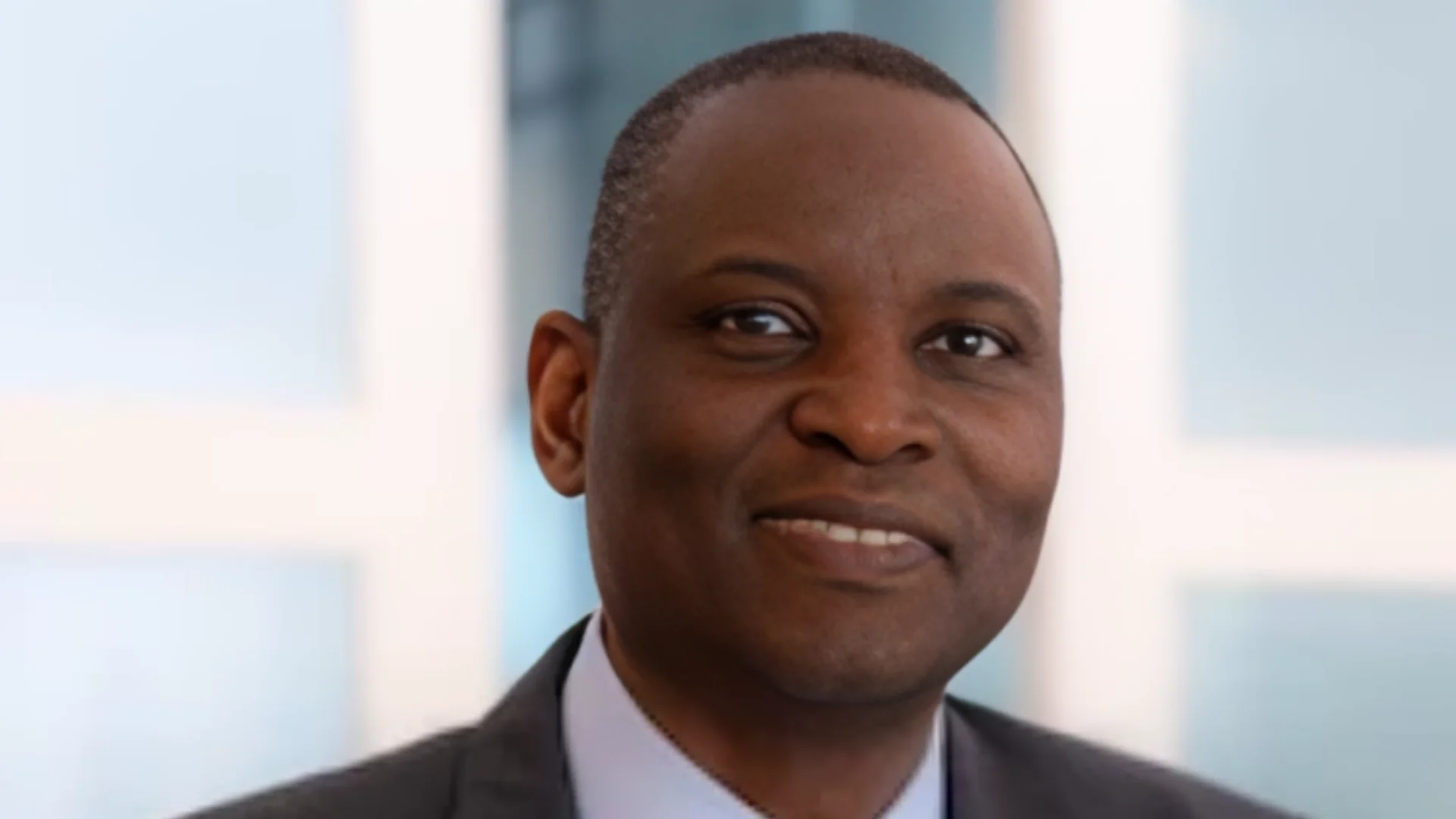Preschool enrollment in Morocco has seen a significant increase since 2018, following the government’s commitment to provide universal access for children aged 4 to 5 by 2028. The initiative focuses on reaching rural and disadvantaged communities that previously had limited early learning opportunities.
National preschool enrollment rose from 45% to 80% between 2018 and 2024. In rural areas, the rate increased from 33% to 91%. Over this period, more than 9,500 new jobs for preschool teachers were created, with most positions located in rural regions. This expansion has contributed not only to improved educational outcomes but also provided economic opportunities and promoted women’s empowerment within local communities.
Girls’ enrollment rates have shown notable progress, increasing from 25% in 2017 to 93% in 2024. Targeted interventions and greater community awareness helped remove barriers for girls, allowing them equal access to foundational education.
Marwane, a young preschooler from Soukane El Kebir near Marrakech, said: “I like to study and read books.” His experience reflects broader changes as children across Morocco benefit from expanded preschool access.
Parents who did not attend preschool themselves are now making sure their children do not face similar disadvantages. Fatima, a mother from Soukane El Kebir, stated: “There is a big difference between a pupil who has been to preschool and one who goes straight into primary school.” She added: “When I entered primary school directly, I didn't know the letters of the alphabet, numbers, how to read the time, and many other things. If I had gone through preschool, I would have learned the alphabet, the Quran, math, and more.”
Souad Sahraoui echoed these views: “I would have loved to have the opportunity to go to preschool. In our village specifically, many things have changed with the children in this class. I personally noticed it in all of them.”
The creation of new teaching jobs has particularly benefited women in rural areas by providing stable employment opportunities. Preschool educator Ghizlaine Jabrani explained her approach: “Through play, I teach children many learning concepts,” she said. “It’s an effective way to communicate and connect.”
Early childhood education is viewed as an important national investment that lays the foundation for lifelong learning and social well-being by supporting brain development during critical years.
Morocco’s progress is part of a larger strategy launched under King Mohammed VI’s National Initiative for Human Development (INDH), which began in 2005 with efforts against social exclusion. In its third phase starting in 2018, INDH shifted toward integrated community-focused models that offer coordinated services including health care and early learning.
A collaboration among national institutions such as the Ministry of National Education; civil society organizations like FMPS and Zakoura Foundation; and support from international partners has driven what is described as one of the world’s largest expansions of preschool education.
The World Bank played a role by providing financial support and technical expertise through programs such as Improving Early Childhood Development Outcomes in Rural Morocco and Education Sector Support programs. These efforts helped expand quality preschool services throughout the country.
Currently over 900,000 Moroccan children are enrolled in modern preschools nationwide. Many have already moved on better prepared into primary school with essential skills needed for future success.
“When I grow up, I'm going to be a teacher because I love studying,” said Wahiba—a statement reflecting aspirations enabled by early learning opportunities.

